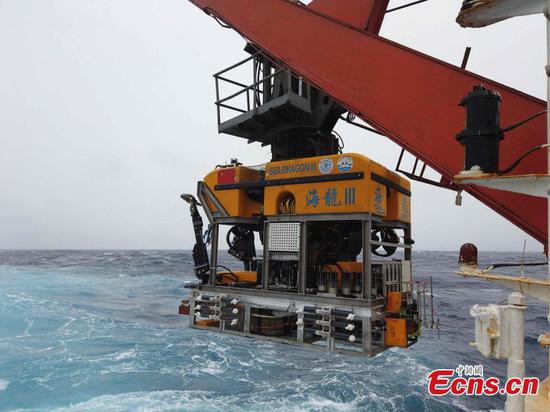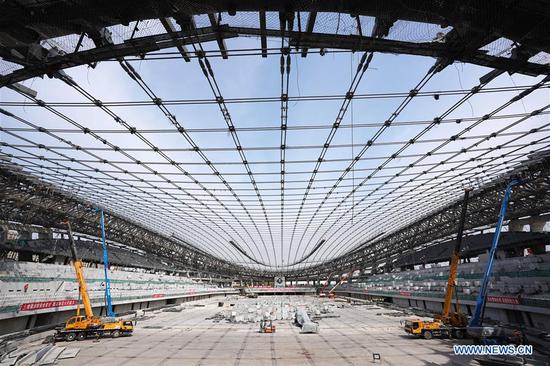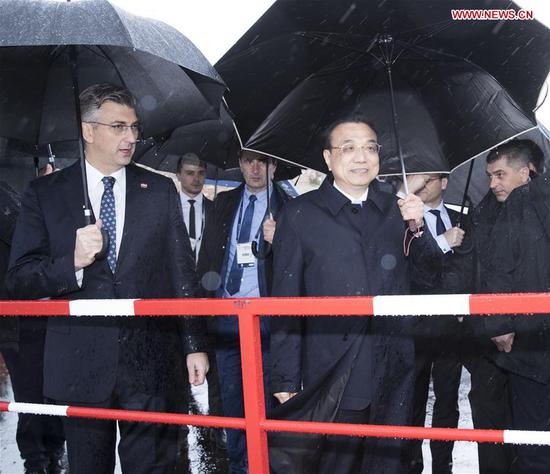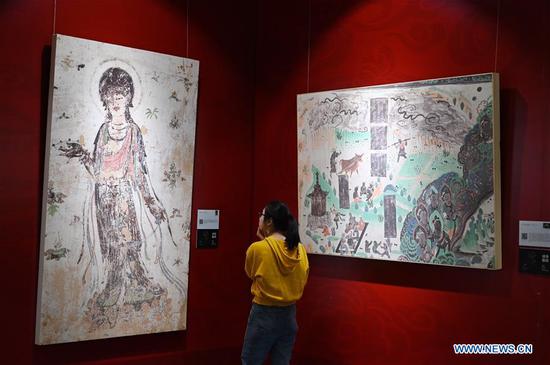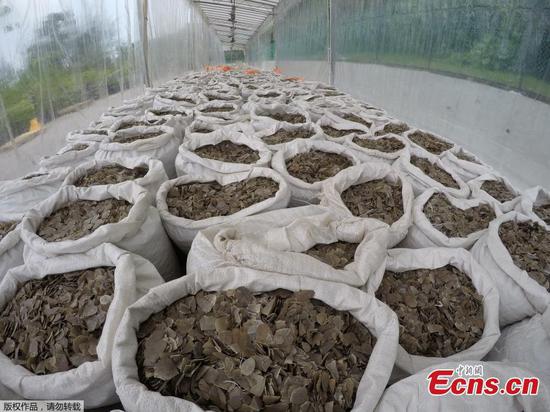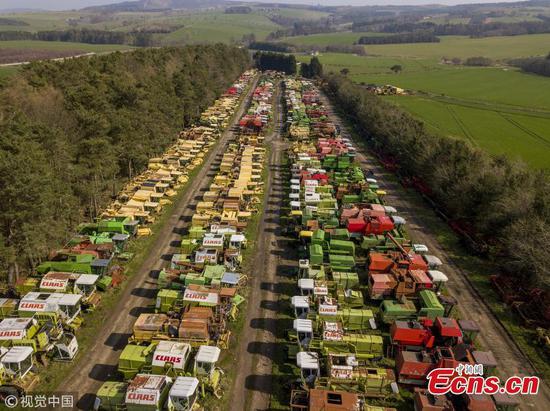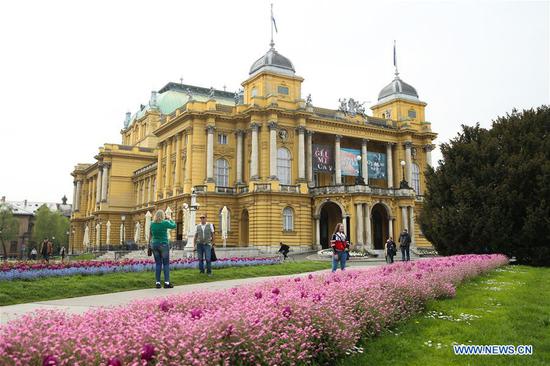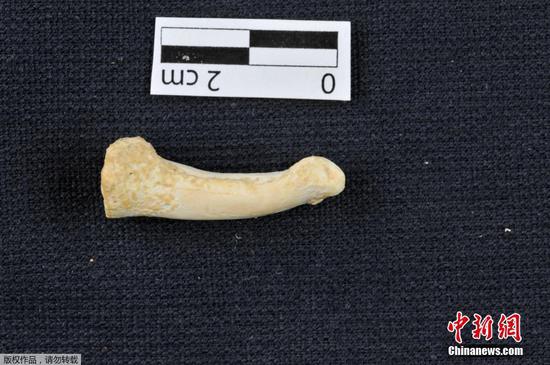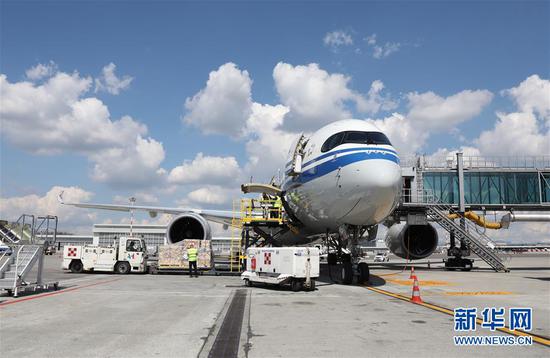As the world's largest and most ambitious infrastructure project ever undertaken, the China-proposed Belt and Road Initiative (BRI) offers Australian businesses opportunities that should not be missed out on, local industry leaders have told Xinhua.
Australia's location and trading history make it ideally placed, both to benefit from and contribute to many of the projects aimed at improving the region.
"Australia has been a longstanding trading nation and should heed the opportunities offered by BRI," Australia China Business Council's National President John Brumby told Xinhua.
"Australian companies have skills and expertise in many fields that are particularly pertinent to the BRI including engineering, project management, financing and so forth."
Among Australian companies, perhaps the clearest beneficiaries of the BRI are the iron ore miners, who after decades of providing materials for China's booming construction industry, are now predicting a further increase in demand from construction on the new Silk Road.
"The emphasis on infrastructure development is a critical part of BRI and presents huge opportunities for Australia's resources industry," Chief Executive Elizabeth Gaines of Fortescue Metals Group told Xinhua.
"The Pilbara is home to three of the four largest producers of iron ore in the world and we are well placed to support the growing steel demand as a result of BRI."
Aside from the heavy infrastructure component, ancillary services such as design, education, logistics and tourism will be required, the areas in which Australia specialises and has a strong international reputation.
Keeping a close eye on the progress of the BRI is Mark Allison, chief executive of leading Australian agribusiness, Elders.
"I think after six years that there's been really great progress around the BRI in many parts of the world," Allison said.
"I think the BRI can offer significant opportunities for Australian agricultural export."
Allison is also an advisory board member of the Australia-China Belt and Road Initiative and has watched as many initial concerns surrounding the BRI alleviated, making way for the willingness of Australian businesses to engage.
While some in the Australian government have been slow to embrace the scheme, at a state and corporate level, bilateral cooperation is taking place.
"I think at the federal government level, there's not as great support as there may be," Allison said. "But I think really a lot of the initiatives under the Belt and Road are commercial opportunities, and not necessarily political opportunities."
As a key trading economy in the region, it appears the Australian business can not ignore the opportunities at their doorstep, and the chance to have a seat at the table.
Senior Lecturer in Business Law and Taxation at Monash University Alice De Jonge shared the view.
"It will obviously be very important in the region," De Jonge said. "(Australia should) remain as fully informed and involved as possible."
"If you don't become involved, then you can not influence what is happening."














